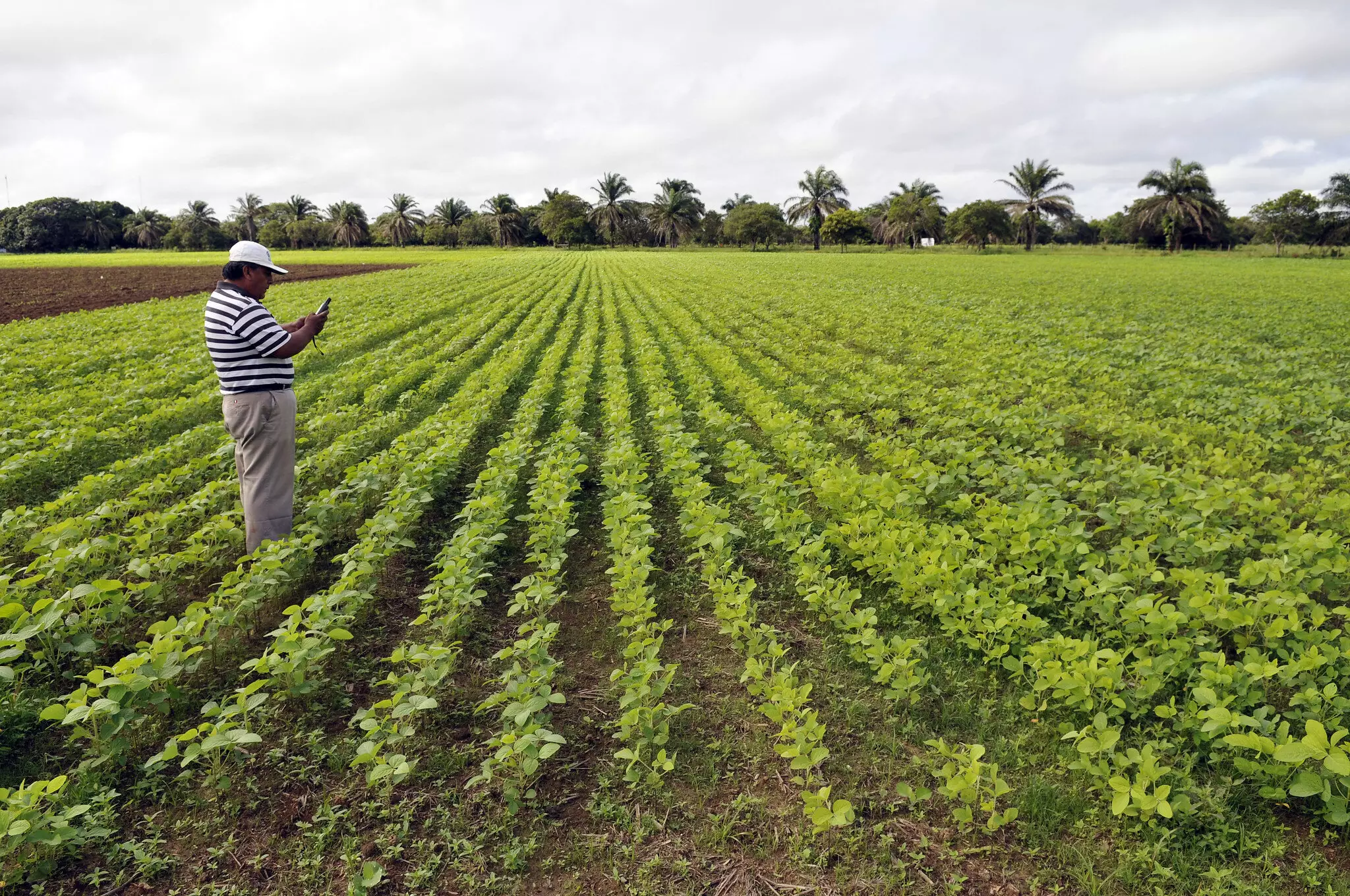Foreign Direct Investment (FDI) has increasingly come under scrutiny, particularly in tropical regions rich in biodiversity yet vulnerable to environmental degradation. Industries such as mining and fossil fuels have long left a trail of destruction in their wake, and now a new player has emerged: agriculture. While agriculture is commonly perceived as a necessity for sustaining life, its role as a significant driver of deforestation cannot be overlooked. In this context, one must ponder: Are FDIs in food systems perpetuating another form of environmental extraction? The harsh reality is that FDI can serve as a double-edged sword, providing economic opportunities while simultaneously threatening the very ecosystems that support those economies.
Food Systems and Deforestation
Agricultural expansion is a primary catalyst for deforestation, particularly in tropical countries that boast some of the world’s last extensive primary forests. It is here that the intersection of food systems and environmental ethics becomes critical. Recent regulations in Europe aim to minimize tropical deforestation linked to agricultural supply chains, yet these measures fall short of tackling the full scope of how FDI contributes to deforestation. A recent study highlights the relationships among FDI, urbanization, and tree cover loss in 40 diverse nations, challenging prevailing assumptions that economic growth is a straightforward path to environmental sustainability.
Despite numerous factors contributing to deforestation—such as GDP growth and population increase—this insightful research identified FDI and urbanization as predominant culprits. Janelle Sylvester, the study’s lead author, astutely points out that merely targeting exports without accounting for domestic food consumption misses a significant piece of the puzzle. Urbanization has altered dietary requirements, and this transformation directly influences deforestation rates.
Food Systems: A Comprehensive Approach
This groundbreaking research employs advanced machine learning techniques, marking a significant leap in understanding regional and global deforestation drivers. The authors examined 12 influencers spanning food production, consumption, and distribution, utilizing the eXtreme Gradient Boosting algorithm (XGBoost) to analyze deforestation trends. This methodology fosters a holistic understanding of the complex interplay between different sectors within the food system and highlights the urgent need for comprehensive, interdisciplinary approaches to combating deforestation.
The findings underscore that it’s not merely agricultural practices, but the broader food system—including urban demand dynamics—that drives tree cover loss. This realization calls for policymakers and investors alike to re-evaluate how they understand and influence agricultural markets. Rather than focusing solely on export success, which may ultimately lead to harmful environmental outcomes, the emphasis needs to shift toward sustainable local food practices and responsible consumption.
The Dark Side of Supermarketization
The study also connects modern consumption trends, notably the rise of ultra-processed foods, to widespread deforestation. These foods often rely on ingredients sourced from newly deforested lands, including palm oil and soy—key components in a growing global demand for meat and other processed products. The “supermarketization” of food systems, driven by FDI and consumer preferences, poses a dire threat not only to the climate and biodiversity but also to public health, given its correlation with malnutrition and lifestyle diseases like obesity.
Researcher Augusto Castro asserts that this work has the potential to reshape perceptions of deforestation. By weaving together the myriad threads of cause and effect, the study illuminates new pathways for addressing not just environmental degradation but also public health crises. With changing consumption patterns, the need for systemic solutions becomes clearer: a call for responsible investment that prioritizes sustainable practices over short-term financial gain.
Policy Recommendations for Sustainable Investment
Policymakers face a tall order: how to balance the undeniable economic benefits of FDI with the pressing need for environmental stewardship. The study proposes rigorous assessments of FDIs for environmental sustainability, suggesting that tax incentives and subsidies should promote investments aligned with national and global priorities regarding deforestation mitigation. It also emphasizes the importance of raising public awareness about the health implications tied to food choices, paving the way for a more conscious consumer base.
With increased urbanization globally, we are becoming estranged from our food origins. This disconnect can lead to ignorance about the environmental implications of food production methods, a situation that is alarming not just in affluent countries but increasingly in low- to middle-income nations as well. If not addressed, such dynamics could set us on a trajectory of further environmental degradation, where land becomes commodified at the expense of ecological integrity.
The Complex Economics of FDI in Land Use
As demand for agricultural land surges, so too does its economic value. While the research does not dwell on this aspect, it hints at a crucial dimension—how FDI could inadvertently influence land prices. The initial attractiveness of an agricultural venture may not reflect the long-term value increases that arise from ongoing investments in food production, for both domestic and export markets. The intricate relationship between FDI, land use, and environmental health necessitates further investigation, as activating this complex dynamic could lead to innovative strategies for mitigating deforestation while enhancing local and global food systems.

